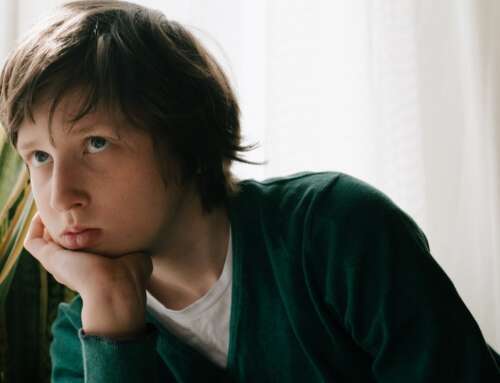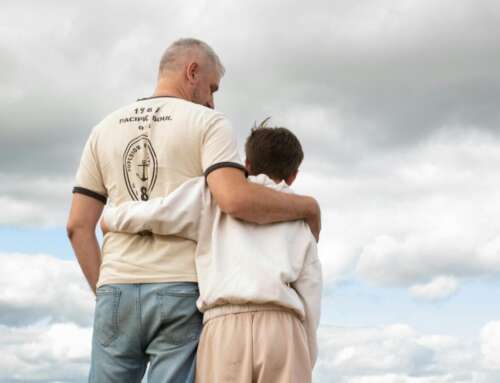The Australian Childhood Foundation is presenting a series of seminars on Polyvagal theory, oxytocin and the neurobiology of love and attachment: Using the body’s social engagement system to promote recovery from experiences of threat, stress and trauma.
WHEN AND WHERE
SYDNEY: Sydney Convention Centre, Darling Harbour. 18 & 19 October 2011
BRISBANE: Mercure Hotel Brisbane. 21 October 2011
MELBOURNE: Sofitel on Collins. 27 & 28 October 2011
ADELAIDE: Adelaide Convention Centre. 31 October 2011
PERTH: Mercure Hotel Perth. 2 & 3 November 2011
All sessions run from 9.30 am – 4.00 pm.
Overview
Humans have evolved as highly social and mutually dependent beings. Yet, when overwhelmed by stress and threat, our nervous system may revert to primitive defensive strategies that do not rely on relationships. These states of defence interfere with our rational thinking and disrupt our ability to engage others in positive pro-social interactions.
What are the consequences if our neuroception, our nervous system’s ability to detect and evaluate risk in the environment, is faulty?
A faulty neuroception would trigger brain circuits that perceive danger all the time and lock the individual in a survival mode. Once in this mode, our perception of others is distorted, we misread the needs of others, and we are unaware of how our behaviours impact on those closest to us. In this defensive mode, our nervous system is literally fighting for our survival, even if our behaviours are hurtful.
The Polyvagal Theory is an innovative theory that links the evolution of the autonomic nervous system to affective experience, emotional expression, facial gestures, vocal communication and contingent social behaviour. The theory describes how, via evolution, a connection emerged in the brain between the nerves that control the heart and the face.
Speakers
Dr. Porges will describe the Polyvagal Theory. The theory explains how individuals react to danger and life threat and how experiences of abuse and trauma may retune our nervous system to respond to friends, as if they were enemies.
Dr. Carter will present information on the neurobiology of social bonding and love. She will explore how oxytocin is involved in regulating stress. Dr. Carter’s research focuses on neuroendocrine systems and how these systems explain the positive impact on physical and mental health of social support, social bonds and trusting relationships.
Registration:
Register online at The Australian Childhood Foundation
Fax completed form to (03) 9879 7388
Call 1800 176 453
Writer Helen Splarn. Editor Dr Ramesh Manocha.
Source: The Australian Childhood Foundation







Is this the theory behind treating people with mental illness with oxytocin nasal inhalations?